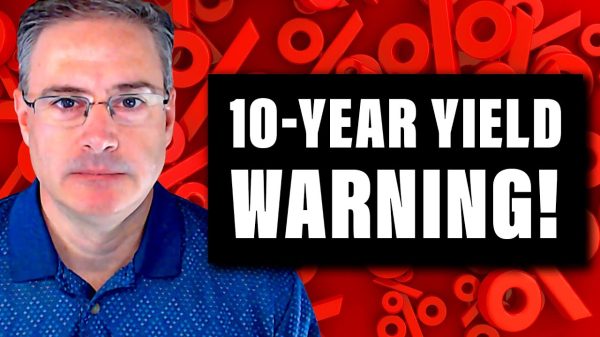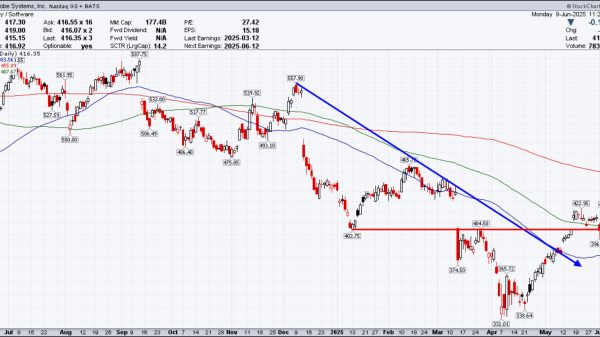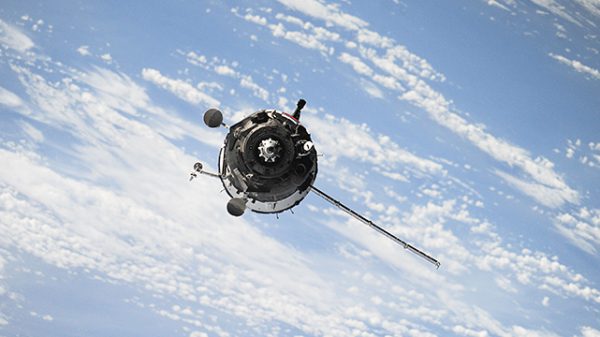Russia’s Oil Trading Costs Ease Amid Global Challenges
Complex Landscape in Early 2024 Oil Trading
As the early months of 2024 unfold, Russia grapples with a myriad of challenges in the oil shipping industry. Amid security concerns in the Red Sea, disruptions from winter weather, and increased scrutiny due to a Western-imposed price cap, there’s a notable moderation in the nation’s oil shipping expenses.
Oil Profit Reductions and Fluctuations
A dependable oil trading platform has disclosed substantial decreases in the costs of transporting 100,000-ton Urals cargo from Primorsk and Ust-Luga to ports in India. These costs have decreased from $10 million in late November to $8 million. That way, showcasing a considerable fluctuation, having reached as low as $5 million in September.
The tight tanker market has applied upward pressure on global crude oil freight rates. Besides, security concerns from Red Sea attacks are disrupting the Europe-Asia shipping route through the Suez Channel. However, the impact of storms in the Black Sea and cold snaps in the Baltic, conditions elevating freight costs, has been relatively limited for Russian crude. Notably, Russia’s strategic adaptability is seen in the absence of ice-class restrictions for oil tankers in Baltic ports.
US-Imposed Price Cap and Market Equilibrium
The heightened control exercised by the United States over the price cap adds another layer of complexity. This cap restricts Western companies from providing maritime services for Russian oil transactions exceeding a predetermined price. Despite increased scrutiny, transportation costs have not surged. In November, Urals FOB prices fell below the $60 cap. Such fall down is prompting smaller shipping companies to re-enter the Russian oil market. That, on its own, is a noteworthy shift in dynamics.
Currently, major Western shipping companies have not yet re-engaged with the Russian oil market. Meanwhile, a sufficient number of participants managed to play a role in curbing a pronounced increase in transportation costs, according to an Urals trader. This delicate equilibrium underscores the resilience of the Russian oil shipping sector in navigating challenges. Some of those include security concerns, weather disruptions, and evolving regulatory constraints imposed by Western entities.
The Uncertain Trajectory of Oil Shipping Costs
As the industry adapts to multifaceted challenges, the interplay of factors such as security dynamics, weather patterns, and regulatory frameworks will shape the trajectory of oil shipping costs. These developments contribute to the broader dynamics of Russia’s oil trade in the global market, emphasizing the strategic considerations and adaptability required for sustainable and efficient oil trading.
The post Russia’s Oil Trading Costs Ease Amid Global Challenges appeared first on FinanceBrokerage.
























